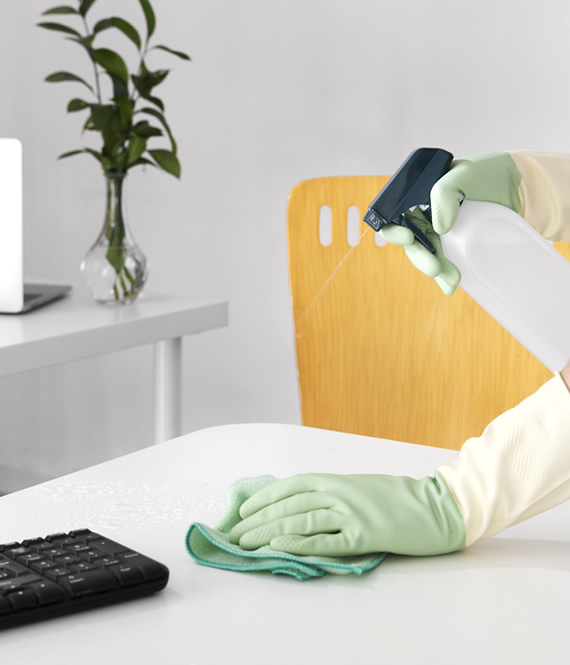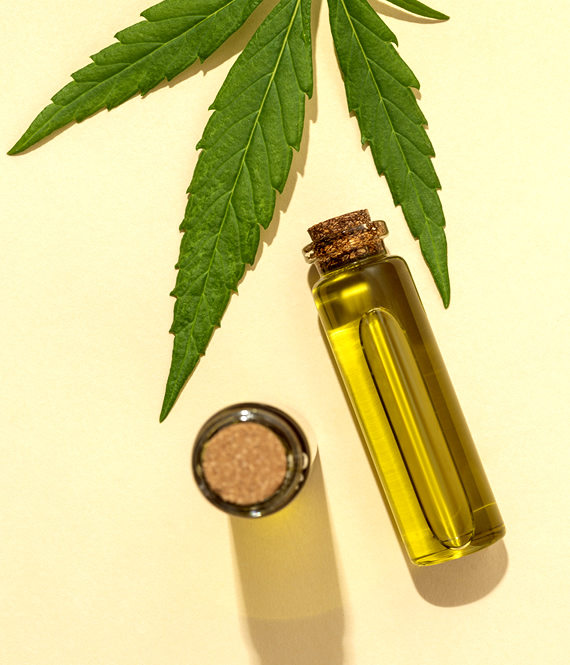
How to Protect Your Family from Mold Exposure
We recommend helpful products in our articles. Read our full disclosure here. The content on this website is not intended to be a substitute for professional advice, diagnosis, or treatment.
Where there’s moisture, there’s mold.
Mold grows on practically every surface, from ceiling tiles to paper products.
But how does mold get into your home in the first place?
Mold spores are everywhere.
Like bed bugs, they only need to attach themselves to you or your items to get into the house.
These spores can also get inside when the wind blows into your home through windows or doors.
Protecting your family from mold exposure is, therefore, of utmost importance.
Mold and Health
According to the CDC, some people may suffer health problems from mold exposure.
These vulnerable groups may experience itchy and stuffy noses or itchy skin.
These reactions are usually mild unless exposed to a large area, for instance, if you are a farmer dealing with moldy hay.
Mold can lead to upper respiratory tract symptoms and asthma due to indoor exposure.
To date, there’s no research to suggest that mold can lead to severe aftereffects like memory loss and drowsiness.
Homeowners Insurance Doesn’t Always Cover Mold
Besides health concerns, mold growth in your home should be a concern since home insurance coverage may not always be available.
Generally, your homeowner’s insurance will cover mold in the event of accidental water damage.
Here, think of a malfunctioning appliance.
You may also claim if:
- You have a broken heater;
- Your home incurs water damage after extinguishing a fire;
- You have a burst pipe.
Some insurers will put a cap on mold remediation, meaning you might have to cover particular charges even after a successful claim.
Your insurer will strictly not cover mold issues arising from:
- Poor sealing of entryways;
- A leaky faucet;
- Improper ventilation in high moisture areas like bathrooms.
A standard homeowner’s insurance policy also doesn’t cover flood damage and sump pump failure as these concerns are costly.
You must include flood insurance and sump pump coverage to your policy to claim such damages.
This is especially important if you are planning on moving to a flood-prone area of the US, such as Tampa.
How To Protect Your Family From Mold Exposure
There are a few things you can do to manage and prevent mold growth and exposure.
- Constantly inspect pipes and other water sources to ensure there are no leaks.
We recommend switching to new hoses for heavy-duty machines like the dishwasher, water heater, and washing machine.
- Seal off the infested area and call a professional to remove the mold safely.
- Always have your mask on when entering a mold-infested room.
- Clean the areas with mold properly using mold killers to prevent spreading it to unaffected areas.
- Dispose of all cleaning tools in a plastic bag to prevent spores from spreading.
- Ensure the humidity levels in your home don’t exceed sixty percent.
- Keep all surfaces, rooms, and fabrics dry.
- Maintain proper ventilation, especially in areas with lots of moisture.
Consider using ceiling fans in bathrooms, laundry areas, and kitchens.
- Put up moisture barriers in areas that are in contact with moisture—such as the basement.
This move acts to prevent moisture build-up.
- Consider adding mold inhibitors when doing paint projects.
- Limit the issue of standing water by clearing gutters and draining excess water from houseplants.
Preventive Measures After a Flood or Other Form of Water Damage
Here’s what you can do after a flood to prevent mold growth:
- Remove all soaked fabric like carpets, rugs, and upholstery within 24 hours after a flood.
- Do a deep clean on all flooded areas to prevent mold growth.
Be sure to check the ac units as they are easily missed.
- Bag flooded items and dispose of any that have existing mold residue.
Conclusion
Mold can be challenging to get rid of in homes.
And considering it can cause serious health concerns, it’s always best to protect your family from exposure.
Remember your standard insurance policy may not always cover mold damage.
Therefore, prevention is better to limit the risk of incurring high remediation costs.
Ultimately, if your mold problem is too big to handle on your own, we recommend calling a mold remediation expert immediately to prevent further damage.
"We love to research problems, examine studies, analyze solutions, and share with you ideas that make life healthier. You can learn about us and our editorial standards here. Have suggestions or feedback to share? Send us a message!."













Leave a Comment